In the modern era, studios like HBO have comical mountains of intellectual property at their disposal. Disney has Star Wars and the Marvel Cinematic Universe, but those are only the jewels in their crown. Smaller names like Paramount make do with Sonic the Hedgehog and Yellowstone. HBO, a subsidiary of Warner Bros., has instant access to the DC Comics Universe, the Dune franchise, and a dozen other massive names. Why does it feel like they’re using those iconic brands to do things they’ve already done?
The streaming wars were a mistake. Netflix started this experiment with a gamble much like that of many other tech brands. The company isn’t actually profitable, but investors keep pumping in money in the hopes that they will eventually kill enough competition to establish a monopoly. It’s only a viable product for as long as prices stay relatively low, and it’s only offering those semi-reasonable rates for as long as it has to. Several other companies saw that nightmarish limbo and sprinted to join it. That’s why so much of the entertainment people enjoy these days feels so uncertain.
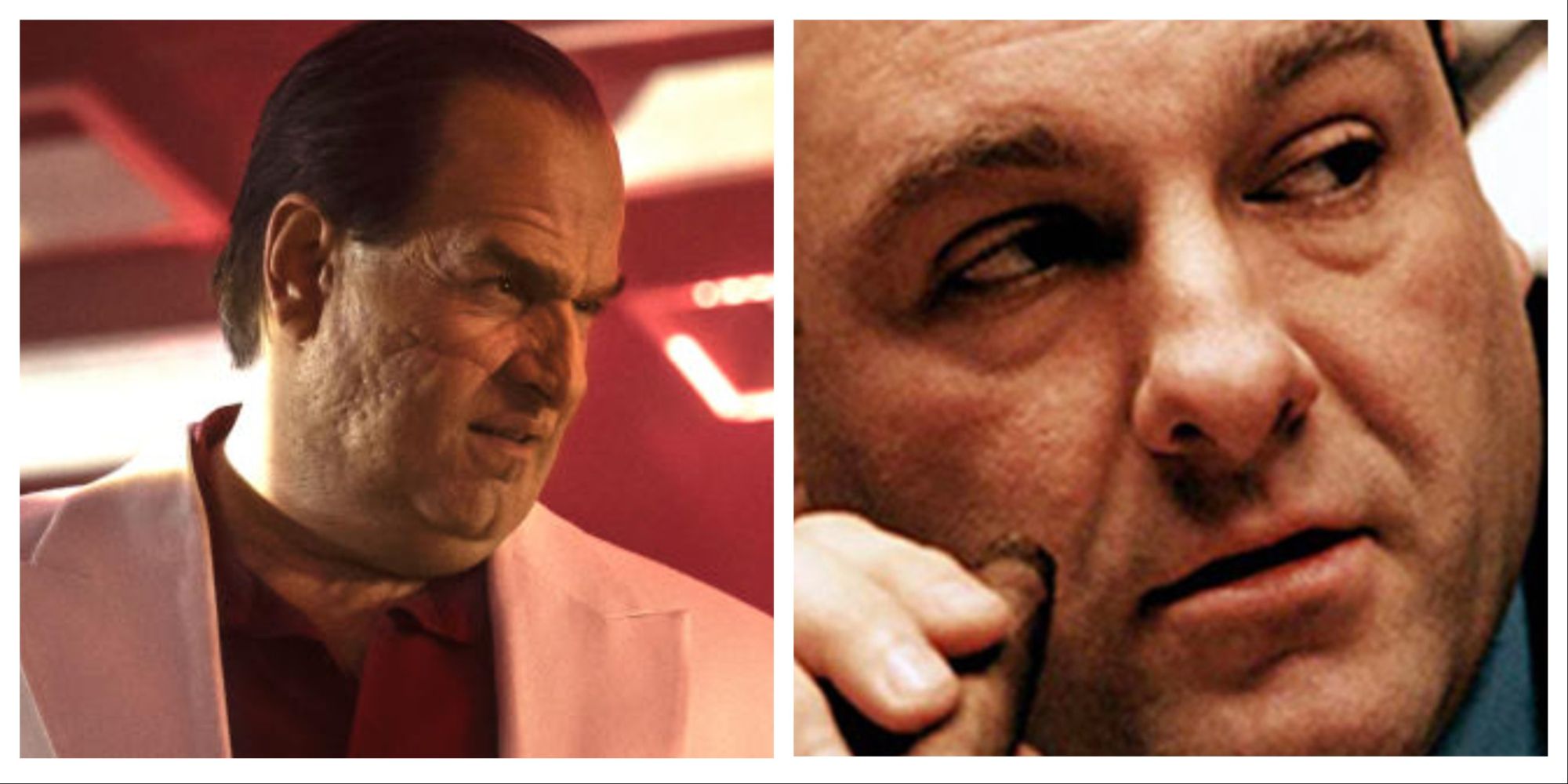
Related
The Penguin Needs To Ignore Comparisons To This Classic Series And Be It’s Own Thing
The Penguin is HBO’s new Mob drama, and it has been compared to The Sopranos, but its very much its own thing.
Why do The Penguin and Dune: Prophecy seem so familiar?
|
Title |
The Penguin |
Dune:Prophecy |
|---|---|---|
|
Creator(s) |
Lauren LeFranc |
Diane Ademu-John and Alison Schapker |
|
Stars |
Colin Farrell, Cristin Milioti, Rhenzy Feliz, Deirdre O’Connell, and Clancy Brown |
Emily Watson, Olivia Williams, Travis Fimmel, Jodhi May, and Sarah-Sofie Boussnina |
|
Episodes |
8 |
6 |
|
Release Date |
September 9, 2024-November 10, 2024 |
November 17, 2024-December 22, 2024 |
|
Streaming On |
HBO Max |
HBO Max |
The Penguin and Dune: Prophecy are nothing new. They’re both representatives of well-worn genres, respectively a gritty crime drama and an expansive sci-fi epic. Both shows are also new entries in franchises that are the most recent reimagination of very long-lived media phenomena. The Penguin brings Matt Reeves‘ grounded take on Gotham City into sharper focus, exploring the criminal underworld from the perspective of an ambitious low-level gangster on his way to becoming a Batman villain. Dune: Prophecy delves into the distant past of Denis Villeneuve’s celebrated Dune films, exploring some of the implicit lore that adds a lot to the tale of Paul Atreides. Each show has a solid premise and an interesting angle on an existing property, but they’re also somewhat reminiscent of previous HBO hits.
Every mention of The Penguin ties it to The Sopranos. Both shows focus on a mid-level gangster who struggles to balance a semi-normal life and a criminal career. Dune: Prophecy, on the other hand, fields constant comparisons to Game of Thrones. While the former is a stellar character study of a criminal, the latter is a sweeping epic about noble families and shifting alliances. The Sopranos has been off the air since 2007, but shows like Boardwalk Empire have been accused of trying to recapture the show’s glory. Game of Thrones ended on a down note, but its prequel series and upcoming spin-offs have somewhat kept it around. Both The Penguin and Dune: Prophecy receive constant comparisons, for good and for ill.
Are the comparisons actually accurate?
The accusations of either show ripping off their predecessor are unfair, but they do have a few notable things in common. It’s accurate to say that The Penguin and Dune: Prophecy have a comparable feel to The Sopranos and Game of Thrones. One of the key differences is in length. While both Thrones and Sopranos covered several years, the newer shows are limited series, bridging gaps in existing film franchises. They don’t lift plot elements, but they do capture a similar general tone and feel. It’s entirely possible that HBO proposed these shows as replacements for series that came before them, but they still stand firmly on their own. It is, however, notable that the biggest shows have to deal with these comparisons, while HBO creates smaller series with more original premises.
Where can HBO go from here?
These types of shows aren’t clear signals that HBO is running out of ideas, but they are clear indications of what types of shows HBO wants front and center. The interesting path forward would be to elevate the smaller series. Gangland drama and complex epics about royalty are both well-worn genres, but just because they worked before doesn’t mean they’ll work again. HBO seems to be capitalizing on trends as they come. The Last of Us came with a few other post-apocalyptic dramas, for example. The Penguin and Dune: Prophecy are original shows that fill familiar slots. Shows like Deadwood, Oz, and even Rome felt comfortable in those spots before the programs that would make them iconic. There will always be new examples.
It’s unfair to compare shows like The Penguin and Dune: Prophecy to the most popular example of their tone. It’s also reasonable to expect HBO to push more interesting programs to the top rather than relying on those tenuous connections to keep things interesting. This odd reliance on familiar storytelling structures will keep good and interesting shows locked into unfair comparisons and smaller programs trapped in perpetual fear of cancellation.
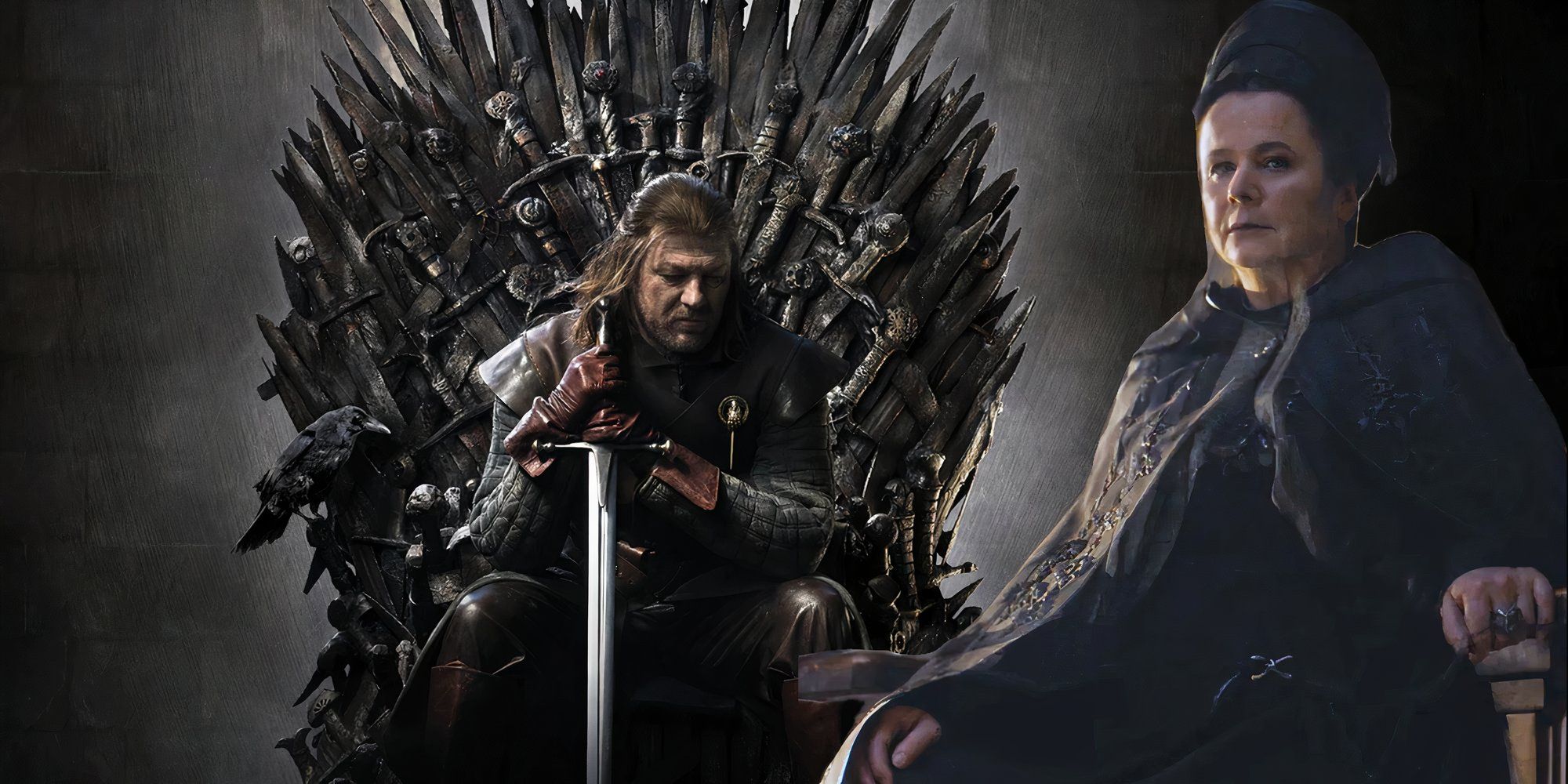
Related
Dune: Prophecy May Fill the Game of Thrones Void
Dune: Prophecy is showing all the signs of being the next Game of Thrones-like TV show viewers can immerse themselves in.
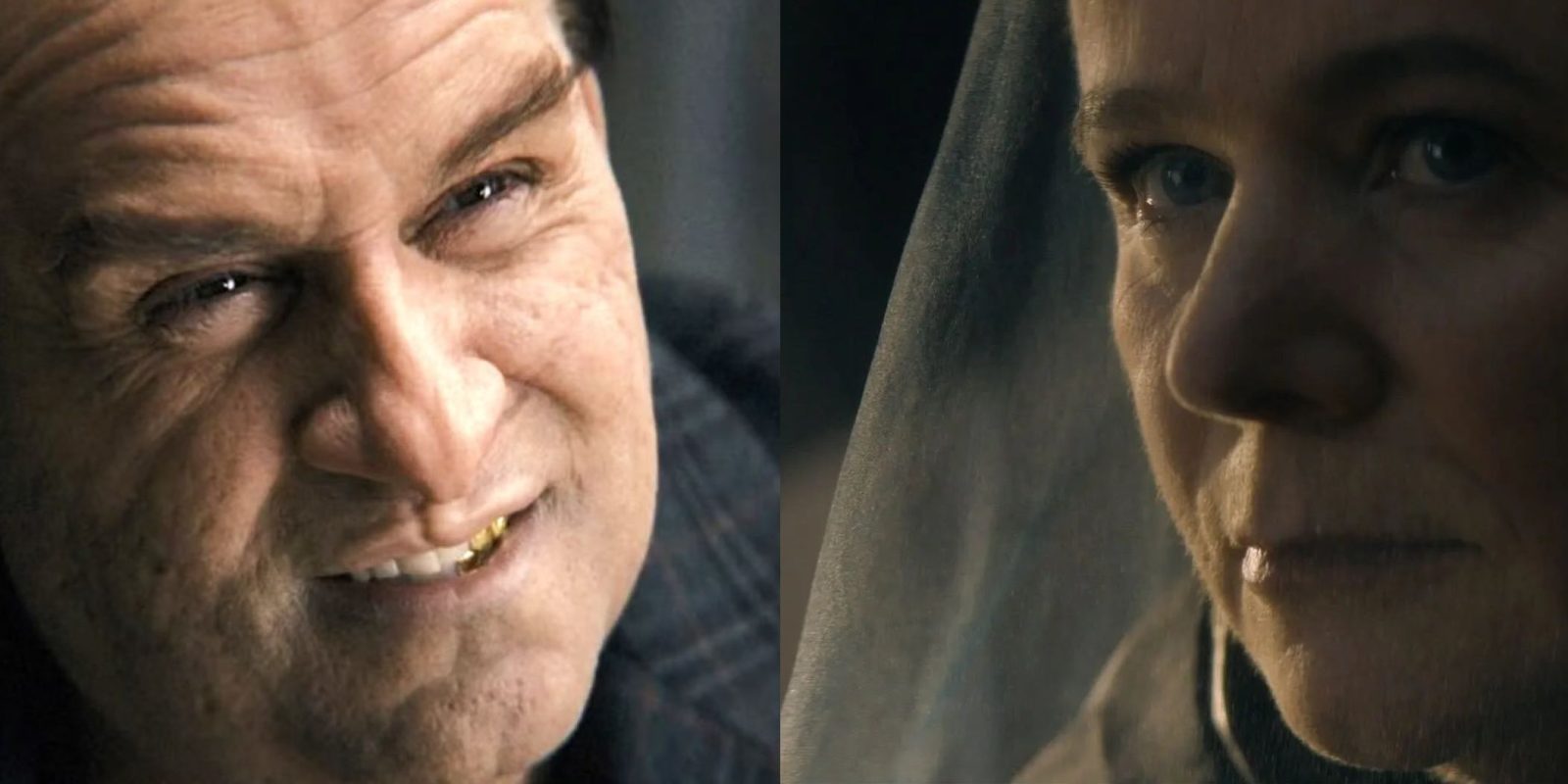

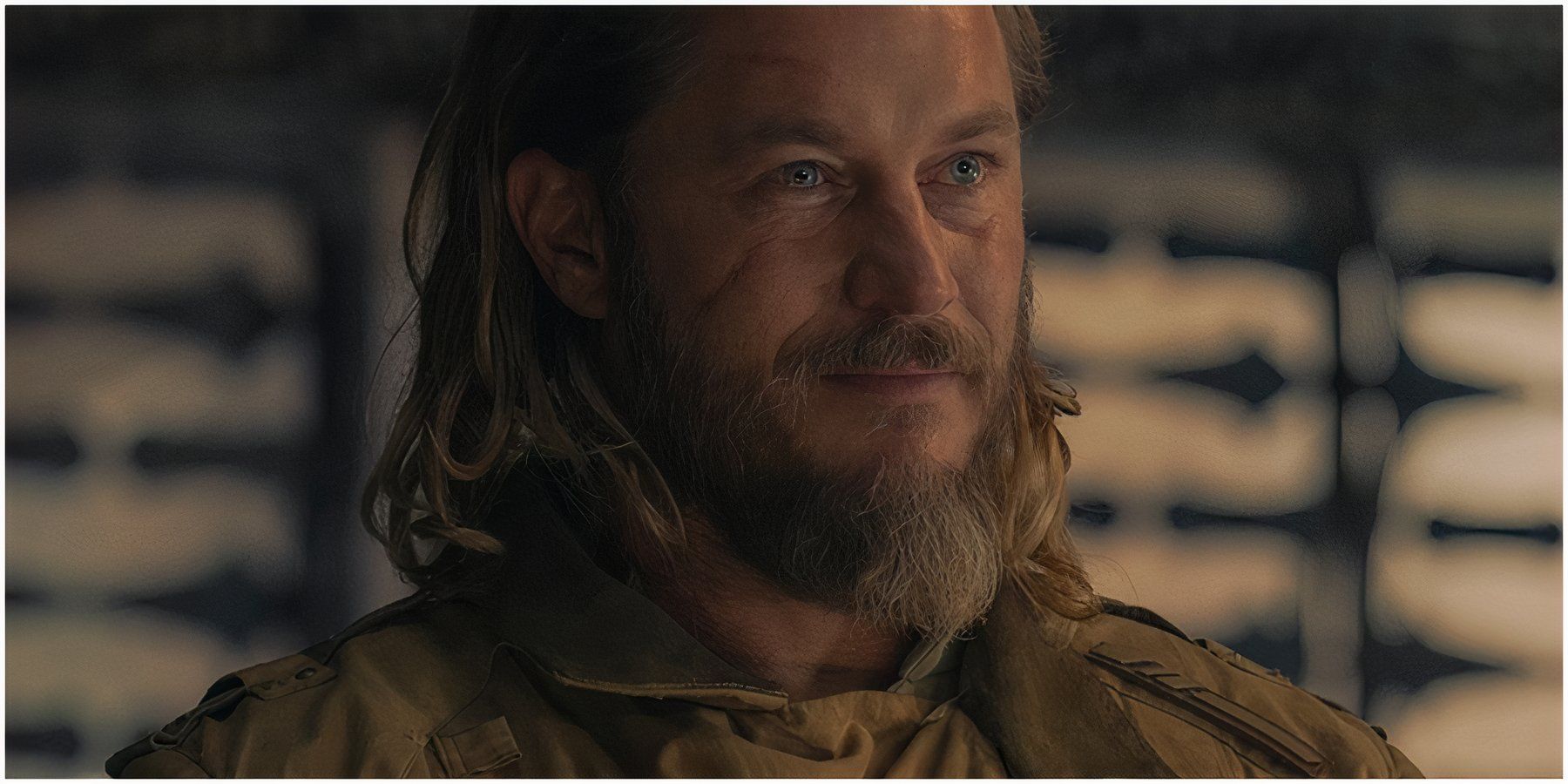
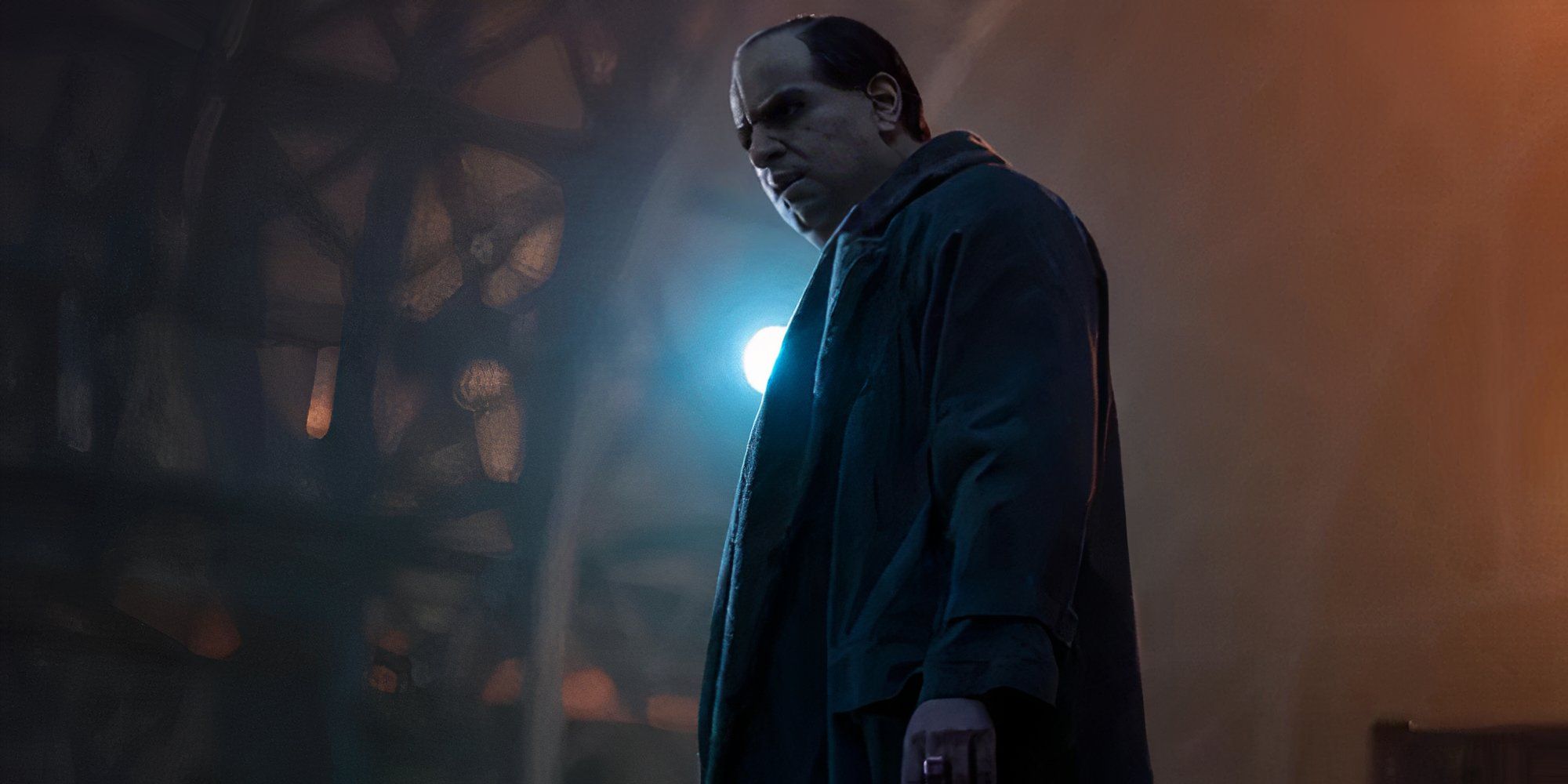
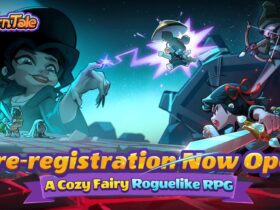








Leave a Reply